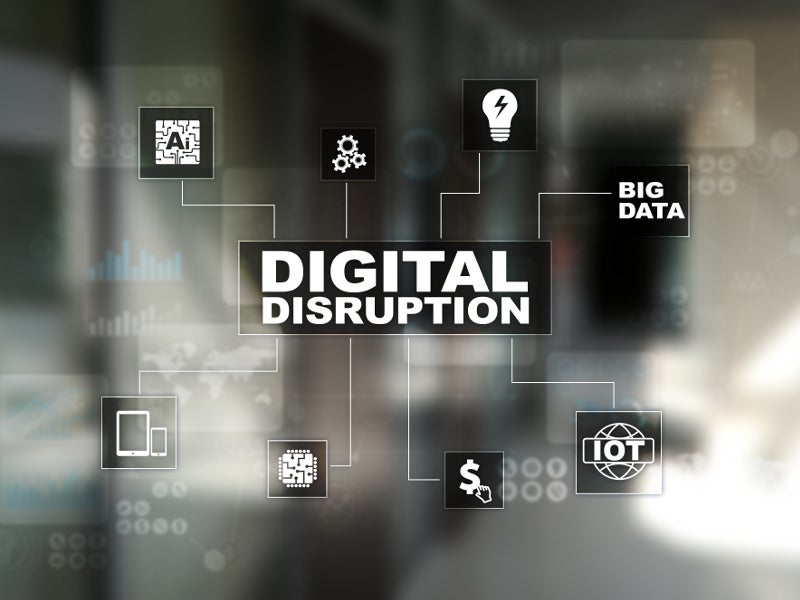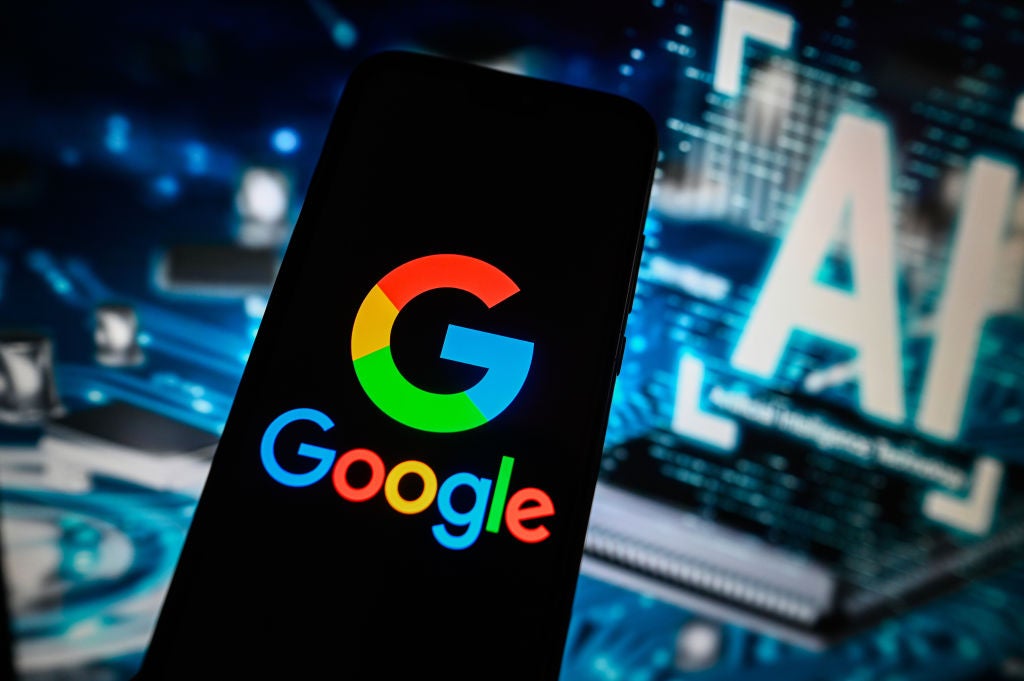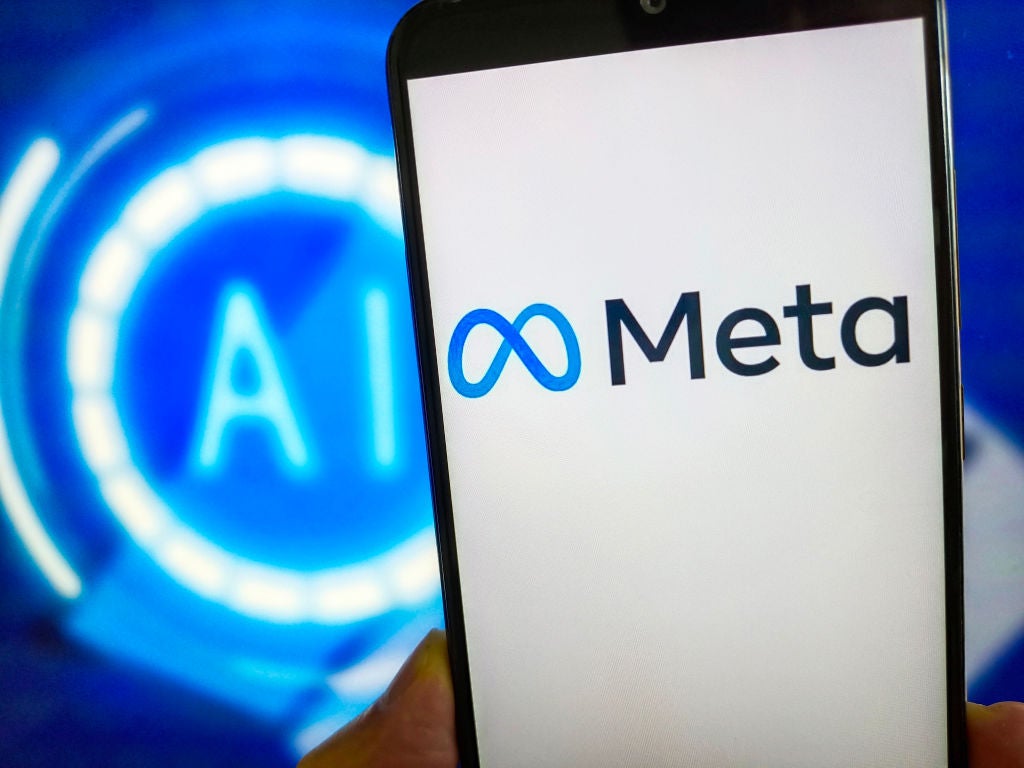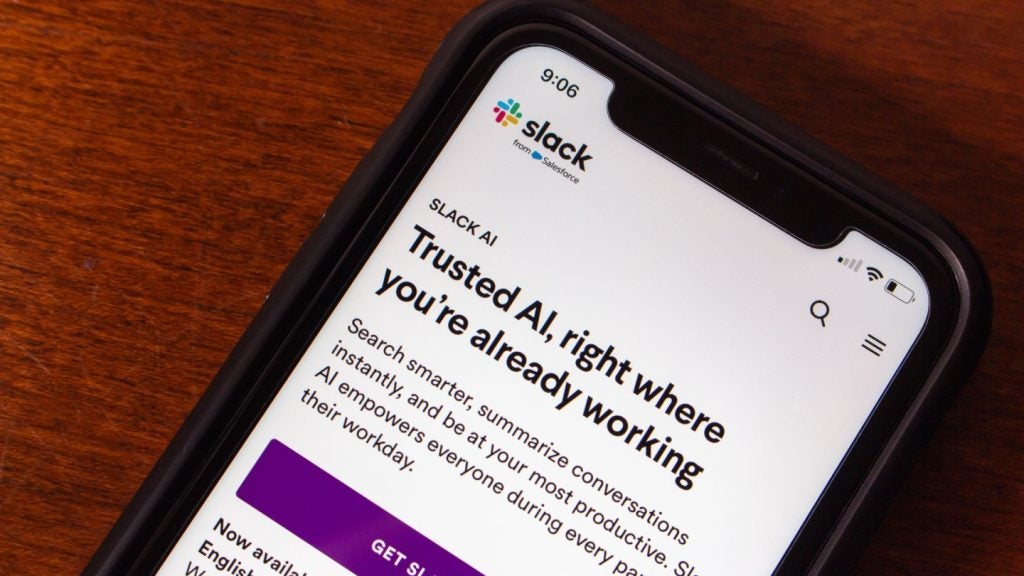
Verdict lists the top five terms discussed in disruptive technology in November 2019, based on data from GlobalData’s Influencer Platform.
The top tweeted terms are the trending industry discussions happening on Twitter. GlobalData uses proprietary algorithms to analyse keywords and key individuals and perform a deeper analysis of what the key individuals in the industry are discussing on Twitter.
1. Artificial Intelligence – 8,061 mentions
Artificial intelligence’s (AI) impact on the global economy and the next generation applications of the technology was discussed popularly during November. AI is expected to add $16 trillion to the global economy by 2030, according to a video shared by Ronald van Loon, the Director at Advertisement, a consulting firm. The global GDP is expected to be 14% higher in 2030 due to the use of AI, particularly in the retail, financial services, and healthcare industries, according to the video.
AI is transforming the healthcare industry in unique ways such as disease detection, analysis of eye scans and drug development, as described in a video shared by Michael Fisher, an analyst at Whitcraft Group. AI was able to detect 95% of skin cancers in a clinical trial compared to 87% detected by doctors, the video says.
The potential of AI is prompting several countries to invest in the technology. China is already one of the biggest developers of AI and is expected to invest $7bn in AI by 2030, according to a video shared by Ronald van Loon. Private companies and universities are undertaking developments related to AI in the US.
#AI will add $16 trillion to the global economy by 2030
by @wef#ArtificialIntelligence #MachineLearning #Fintech #HealthTech #FutureofWork #DataScience #EmergingTech #Robotics #AutonomousVehicles #Drones #4IRHow well do you really know your competitors?
Access the most comprehensive Company Profiles on the market, powered by GlobalData. Save hours of research. Gain competitive edge.
 Company Profile – free sample
Company Profile – free sampleThank you!
Your download email will arrive shortly
Not ready to buy yet? Download a free sample
We are confident about the unique quality of our Company Profiles. However, we want you to make the most beneficial decision for your business, so we offer a free sample that you can download by submitting the below form
By GlobalDataCc: @mikequindazzi @swisscognitive @samiranghosh @alvinfoo @she pic.twitter.com/CYhRIGwTJ7
— Ronald van Loon #CiscoLive (@Ronald_vanLoon) November 24, 2019
2. Fintech – 4,348 mentions
The impact of digital technologies and AI on the financial services industry was a trending topic of discussion during the month. China, for example, is using facial recognition to authorise digital payments. A video shared by Harold Sinnott, a consultant and social media influencer, shows how a vending machine is using facial recognition to authorise payments.
With the rise in the use of digital technologies, traditional banking institutions are increasing their technology investment budgets, according to an infographic shared by Antonio Grasso, a B2B influencer. As a result, approximately 62% of global banks are expected to be digitally mature by 2020. In view of these changes, fintechs need to articulate their value proposition and work with banks to deliver services to customers, according to another infographic shared by Antonio.
#China leveraging #FacialRecognition to authorize #Payments in vending machines @Diply via @MikeQuindazzi#AI #Autonomous #FinTech #Automation #MachineLearning #DeepLearning #FutureofWork cc @SpirosMargaris @ipfconline1 @RichSimmondsZA @diioannid
— Harold Sinnott 📲 😷 🇺🇸 #WearAMask 😷 (@HaroldSinnott) November 14, 2019
3. Machine Learning – 3,148 mentions
Machine learnings’ unique applications in a number of domains such as visualisation of thoughts to autonomous vehicles were widely discussed on Twitter during the month. Scientists from bioRxiv and Kyoto University, for example, have developed an AI-based technology that can visualise human thoughts, as described in a video shared by Marcus Borba, the founder of Borba Consulting. The technology can display an image based on what a person is looking at and may even be able to access past memories.
The applications of machine learning in autonomous vehicles have led approximately 500 companies in the automation and mobility domain to collaborate and develop AI-enabled products and services, according to an infographic shared by Antonio Grasso. Korea has developed K-City at an estimated cost of $11bn specifically for testing autonomous vehicles. A video shared by Marcus Borba describes how the 80-acre city includes simulated parking lots, suburbs, and even pedestrians.
AI-based machine learning technologies that can detect garbage from images and help visually impaired people to identify objects, and robots that can learn automatically from AI were also highlighted in tweets shared by Ronald van Loon.
Japanese scientists have create #AI that can visualize our thoughts
via @wef#ArtificialIntelligence #MachineLearning #BigData #DataScience #DeepLearning #Roboticspic.twitter.com/ZpxyVBYaUy— Marcus Borba (@marcusborba) November 10, 2019
4. IoT – 2,619 mentions
The rise in Internet of Things (IoT) devices was one of the most discussed topics during the month. With the introduction of 5G, an estimated 125 billion IoT devices and sensors are expected to network together by 2030, according to a video shared by Antonio Grasso. Such interconnection is expected to create new environments enabling people to gain new skills through immersive learning. Ericsson estimates cellular IoT connections to reach 3.5 billion by 2023 owing to the growth in IoT, according to an article shared by Antonio.
IoT also has the ability to transform the educational sector by automating various areas including interactive whiteboards, eBooks, 3-D printers, and attendance tracking systems, according to an infographic shared by Antonio. The use of interactive whiteboards was highlighted in a video shared by Ronald van Loon, wherein a teacher in China uses an interactive board to teach in a classroom. Cost and security, however, are two hurdles that need to be overcome in the educational sector to extract the full potential of IoT.
5G: by 2030, as many as 125 billion IoT sensors and devices in our homes, cars, offices and streets will be networked together, creating radically new environments in which we will live and work. Source >> https://t.co/OaTAnjXC0R @EYnews via @antgrasso #5G #SmartCities #IoT pic.twitter.com/HUU3gsT4xP
— Antonio Grasso (@antgrasso) November 22, 2019
5. Cyber Security – 2,229 mentions
The threats posed by cyber security breaches and how data and privacy can be protected were trending topics discussed during the month. Antonio Grasso shared an infographic that includes various steps businesses need to take to address cyber threats including development of an effective cyber strategy, getting cyber insurance, and having a cyber incident response plan.
AI’s ability to improve cyber security was highlighted in an article shared by Shira Rubinoff, a cybersecurity and blockchain adviser. AI can help in processing different types of data, detect cyber threats while automating security operations. According to an article shared by Spiros Margaris, a venture capitalist and technology influencer, 69% of enterprise executives opine that AI is essential to counter cyber threats. The executives believe that AI can detect fraud and malware, help counter cyber-attacks, and form the basis for network security.
10 Predictions How #AI Will Improve #CyberSecurity In 2020https://t.co/RtDzLH3yPO#ArtificialIntelligence #cyber #CyberMonday #security #Automation #SmartCities #MachineLearning
CC:@mvollmer1 @ChuckDBrooks @ScottBVS @KirkDBorne @Kevin_Jackson @NeilCattermull @TamaraMcCleary pic.twitter.com/hCYcwIYHZE— Shira Rubinoff (@Shirastweet) November 27, 2019







